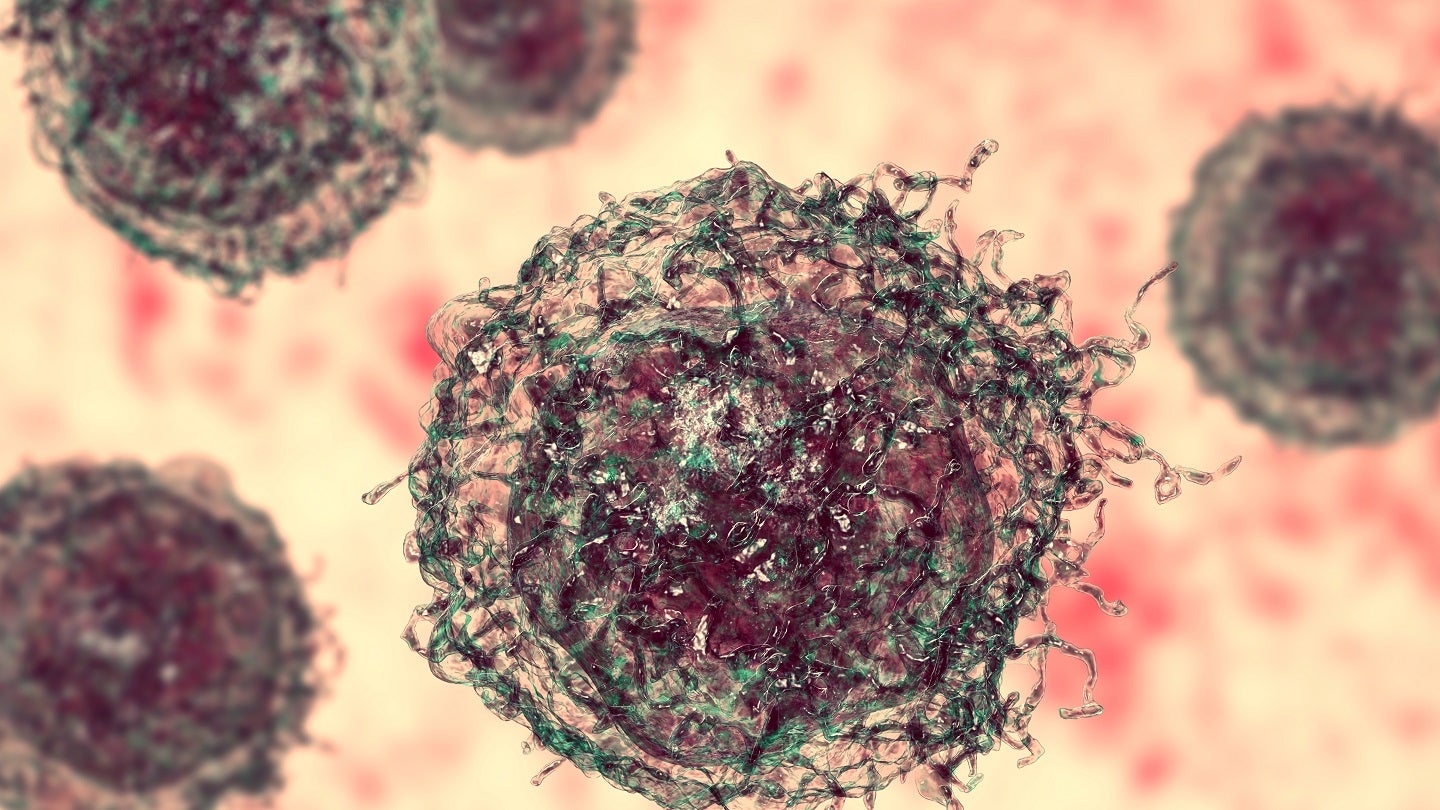
Renaissance Pharma has signed an agreement to in-license St Jude Children’s Research Hospital’s Hu14.18K322A (Hu14.18), an anti-GD2 humanised monoclonal antibody (mAb) in development for treating newly diagnosed high-risk neuroblastoma (HRNB).
According to the agreement, Renaissance gained exclusive development, manufacturing and commercialisation rights to Turkey, Japan, Europe, China, Canada, and the US.
The company will now interact with the Food and Drug Administration (FDA), European Medicines Agency (EMA) and other regulatory agencies for seeking approval in their respective countries.
Hu14.18 has demonstrated favourable patient outcomes with overall survival of 86% and event-free survival of 73.7% in a Phase II trial.
In the trial, Hu14.18 was used as induction therapy and additionally, within post-consolidation therapy.
Out of the total patients treated, 66.7% achieved a partial response or better after the first two chemo-immunotherapy induction cycles while 96.8% achieved the same at the end of induction.
Renaissance Pharma CEO Simon Ball said: “Renaissance Pharma now has its full attention on bringing this humanised antibody to market as expeditiously as possible.
“The collaboration with St Jude marks the intention of Renaissance and we must now play our part in making the product available.”
An estimated 300 patients are diagnosed with HRNB in the US and 500 in Europe. This high-risk disease is said to be the most common cancer in children under one year of age.
They are currently treated with surgery, radiotherapy, stem cell transplantation, and multiple cycles of chemotherapy.
St Jude’s paediatric oncologist Sara Federico said: “It is exciting and deeply meaningful to see how our clinical efforts to develop Hu14.18 may now have the potential to positively impact patients with high-risk neuroblastoma around the world.”
